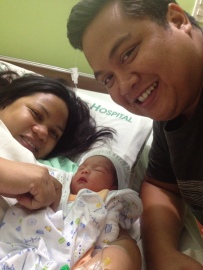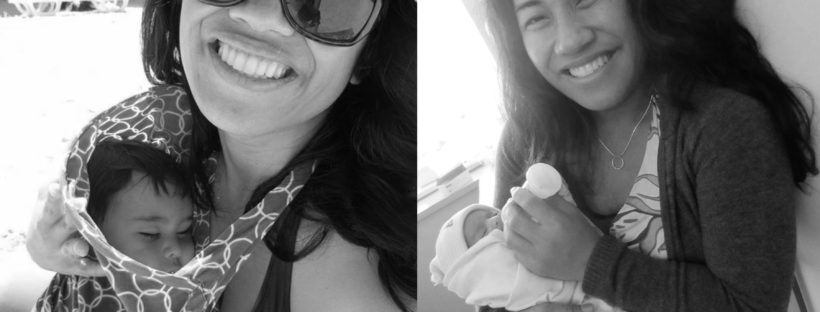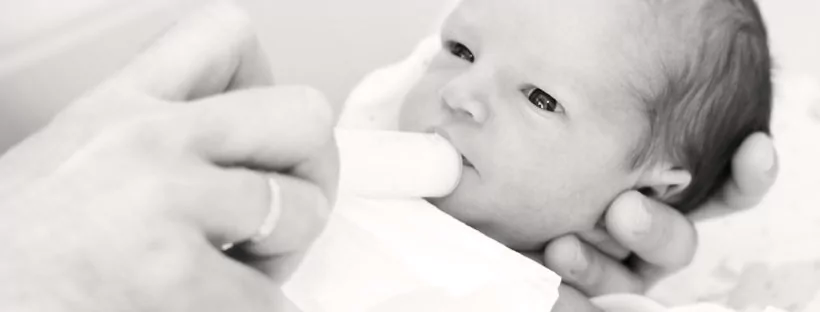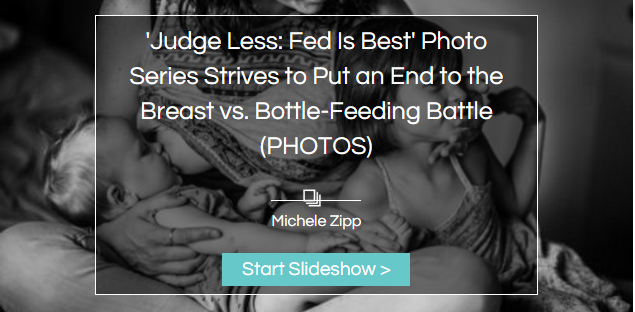This article originally appeared on Jamie Quitain-Good’s blog The Starfish Diaries, in August 2013. It is reproduced here with her permission.

At the hospital
We were expecting Bradley Boy to come out anytime between Christmas and New Year that year, but God knew how much we wanted to hold and kiss him so He sent him out a little early. One month early – he was born at 36 weeks and 5 days. And between the house moving (which by the way coincided perfectly with my nesting!) and planning for his arrival, thinking I still had a month to prepare, we were absolutely not ready when he came out.
His clothes were not washed. His crib and car seat were not out. My hospital bag wasn’t ready. I thought I still had a month to get all those done. Everything else was not ready, but I knew there was one thing I was ready for. One thing I dreamed about night and day, one thing I talked to my husband incessantly about, one thing I knew I would do no matter what. I would give him the best and nothing less. I would BREASTFEED.
Continue reading →





